
Working in HORECA in Luxembourg: wages, requirements, documents
HORECA, an acronym for the Hotel, Restaurant, and Catering sector, forms a significant part of Luxembourg's labor market. In this article, we will enter the varied range of opportunities within this industry, exploring its characteristics, employment prospects, and more.
The HORECA sector stands as one of Luxembourg's largest employers, with a notably higher prevalence of opportunities in the restaurant domain compared to hotels. Roles such as head chef and kitchen staff (cooks, chefs de partie, commis de cuisine, etc.), along with pizzaiolos, restaurant service staff (waiters, head waiters, commis de restaurant), and bartenders collectively comprised 63.4% of the job positions reported to ADEM in the HORECA sector from 2015 to 2020.
Are hospitality jobs in-demand in the Grand Duchy?
A major pillar of the Luxembourg economy is the hospitality industry, which includes hotels, restaurants and cafes. Jobs in this sector are always in demand, given the universal need for food and shelter.
Statistics show
In Luxembourg, the HORECA sector represents a significant portion of the labor market, offering a diverse array of employment opportunities. To discern the most sought-after roles within this sector, analyses conducted by the Ministry of Labor (MT) and the Employment Development Agency (ADEM) provide invaluable insights.
According to these studies, there's a significant predominance of opportunities in the restaurant sector compared to the hotel sector. Chief cooks, kitchen staff, pizzaiolos, restaurant service staff, and bartenders collectively accounted for 63.4% of job positions reported to ADEM in the HORECA sector from 2015 to 2020.
Delving deeper, the two most demanded occupations by a considerable margin are kitchen staff (chefs, chefs de partie, commis de cuisine, etc.), and restaurant service staff (waiters, head waiters, commis de restaurant). They are followed by dishwashers and kitchen assistants, café waiters, versatile restaurant staff, cleaning staff, hotel reception staff, and delivery drivers.
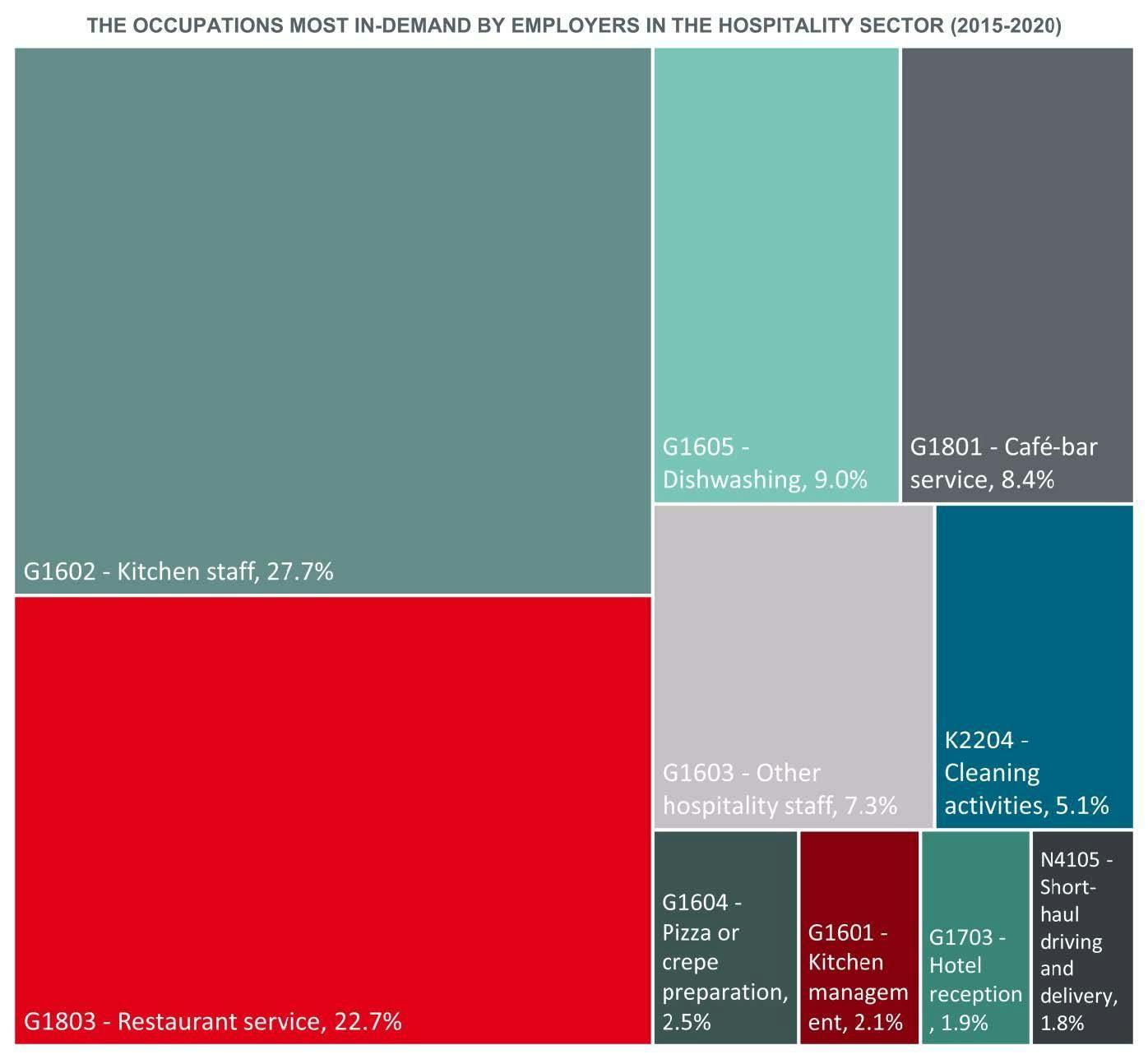
Hospitality fields and roles
There are many occupations and specializations within the hospitality industry. Despite the diversity of professions, they all share a common goal: to provide the best possible gastronomic experience in the case of restaurants, and the most enjoyable stay for guests in the realm of hospitality.
In both construction and public works, similar trades are often found, categorized into two major groups: structural and finishing trades. However, some trades are more prevalent in one group than the other; for instance, many finishing trades may not be present in all public works projects.
If you want to have a deeper knowledge of some of these jobs, we recommend you check out articles about working as a chef in Luxembourg and working as a waiter in Luxembourg and our guide on hotel jobs in Luxembourg.
In the restaurant domain, workplaces vary widely, with five main categories: fast-food establishments, self-service buffet restaurants, traditional restaurants, catering and banquet services, and beverage establishments like bars, pubs, and nightclubs.
Similarly, in the hospitality sector, workplaces span a broad spectrum, including guesthouses, hotels, motels, youth hostels, beach resorts, and furnished apartments.
Work in progress
Usualy, whatever the economic ups and downs, these services are essential and guarantee an ongoing need for skilled professionals to meet the food and accommodation needs of the people.
Training and skills necessary to work in the HORECA sector
Given the broad spectrum of professions within the restaurant and lodging areas, the possibilities for studies are varied, encompassing diverse types and durations.
Here we showcase some possible studies in this area, although given the diversity of employment, there may be numerous other options!
CCP (Certificat de Capacité Professionnelle) enables the acquisition of basic professional and social skills essential for initial entry into the job market. The duration of the training is typically three years. Organized into modules with continuous assessment, it is carried out under an apprenticeship contract, mainly in a practical setting, with theoretical training conducted in school for a portion of the time.
Examples of CCP training include:
DAP training is conducted under an apprenticeship or internship contract with a minimum of 12 weeks of internship during the course. DAP typically lasts three years.
Examples of DAP training include:
BTS (Brevet de Technicien Supérieur) in the hospitality and restaurant field are designed to provide students with the experience and expertise necessary to excel as managers and leaders in the hospitality, tourism, and event sectors. These studies open doors to roles like head chef and offer a much broader range of opportunities. BTS training typically lasts two years.
An example of BTS training is:
In addition to formal training and excluding profession-specific competencies within the hospitality and restaurant sector, there are numerous common skills. Here are some of them:
Types of jobs available in the HORECA
Now that we have examined the studies, let's focus on how to secure HORECA jobs in Luxembourg. In the following sections, we'll analyze the various positions available in the HORECA sector and examine which roles are most in demand in Luxembourg's bustling hospitality industry.
Top-10 in-demand hospitality roles in Luxembourg: kitchen and hotel










Where to find work in the hospitality field?
We've got you covered if you're interested in the hospitality industry and are wondering where to find HORECA jobs in Luxembourg. We'll explore the top job portals and highlight the best places to secure employment in Luxembourg's thriving hospitality sector.
Luxembourg hotels, restaurants and catering recruiting in the sector
In Luxembourg's vibrant hospitality scene, numerous establishments offer exciting opportunities for individuals seeking employment in the HORECA sector.




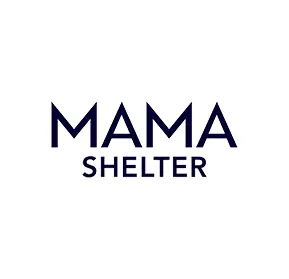

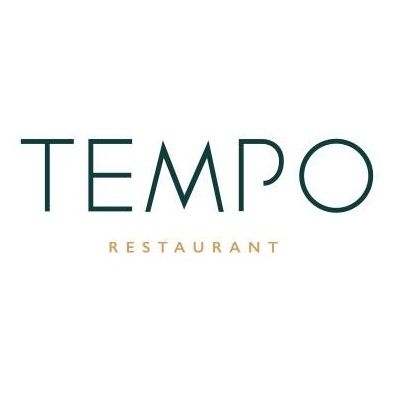
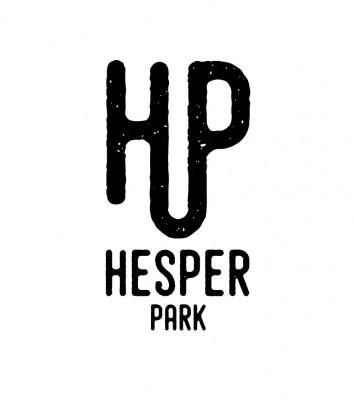
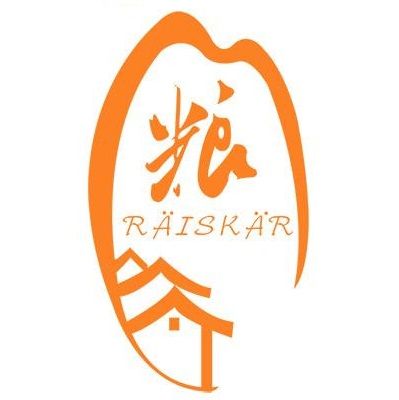
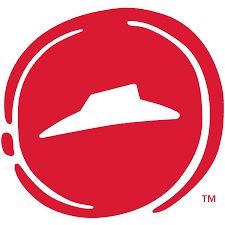
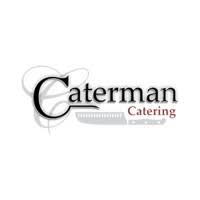

Job portals offering vacancies in Luxembourg
To navigate the job market efficiently, the internet is your best ally, hosting numerous job portals with thousands of job listings. These platforms allow you to filter job offers based on your preferred sector, location, educational level, or required work experience.


Freelance and interim work in the sector in Luxembourg
In the hospitality industry, independent business ownership offers chefs and culinary professionals the opportunity to showcase their skills through catering services, pop-up events or private dining experiences. However, taking the plunge into restaurant ownership requires a significant investment of capital, time, and resources in order to establish and maintain a successful business.
Temporary staffing in hospitality offers flexibility for certain roles, such as servers and bartenders, where demand fluctuates seasonally and event-driven. However, for positions such as chefs, temporary work is less common due to the need for consistency and long-term commitment in kitchen operations.
What else can you read on the topic of employment in Luxembourg?
You will find a variety of articles on the job search, career development and workplace culture in our dedicated section of the Blog. Check it out.
Salaries in the HORECA sector in Luxembourg in 2024
Given the vast array of professions within the HORECA sector, salary ranges vary significantly, making it challenging to provide a precise overview. However, for a very general idea, Paylab offers an approximate salary range for the sector.
| Role | Minimum (euros) | Maximum (euros) |
| Chef | 3,300 | 8,545 |
| Pizza Cook | 3,108 | 5,492 |
| Catering manager | 3,018 | 8,360 |
| Cook | 2,763 | 5,132 |
| Waiter | 2,368 | 4,693 |
| Assistant Cook | 2,151 | 4,627 |
| Fast food worker | 2,097 | 4,590 |
| Bartender | 2,059 | 4,322 |
| Receptionist | 2,026 | 4,541 |
| Kitchen Helper | 1,908 | 3,961 |
| Concierge | 1,600 | 4,377 |
Wage one can count on
According to the data, salaries range from a minimum average of 2,346 euros to a maximum average of 4,628 euros.
What papers do you need as a foreigner to land a job?
For European nationals, the process of working in Luxembourg is relatively straightforward, given the freedom to live and work in any European country. However, if you are not a European national, navigating the paperwork becomes essential.
The requirements vary based on your circumstances, distinguishing between employed and self-employed roles. Additionally, familial situations, such as having a Luxembourgish or European partner, can impact the process.


Work permit in Luxembourg
Frequently Asked Questions (FAQ)
Are there specific certifications or training programs required for certain roles in HORECA?
Yes, certain roles in the HORECA sector may require specific certifications or training programs. For example, chefs may need to complete culinary school or obtain certifications in food safety and hygiene. Bartenders might benefit from mixology courses or certifications in responsible alcohol service. Additionally, roles in management or hospitality administration may require relevant degrees or certifications in business management, hospitality management, or similar fields. These certifications and training programs not only provide essential skills and knowledge but also demonstrate competence and commitment to potential employers.
What are the educational requirements for working in HORECA?
The educational requirements for working in HORECA in Luxembourg can vary depending on the specific role. While some positions, such as dishwasher or kitchen assistant, may not have strict educational prerequisites and may be accessible to individuals without formal qualifications, other roles like chef, manager, or specialized bartender may require relevant vocational training or even higher education in culinary arts, hospitality management, or related fields.
Are there part-time or flexible work options available in HORECA?
Part-time or flexible work options are often available in the HORECA sector in Luxembourg. Many establishments, including restaurants, cafes, hotels, and catering companies, offer part-time positions to accommodate varying schedules and preferences of both employees and employers. This flexibility can be particularly beneficial for students, individuals with other commitments, or those seeking supplementary income. Part-time roles may involve working specific shifts, such as evenings or weekends, allowing employees to balance work with other responsibilities or pursuits.
Source: fr.indeed.com, acapros.fr, www.hellowork.com, www.hellowork.com, www.adecco.lu, hospitalityinsights.ehl.edu, www.ehtl.lu, adem.public.lu, www.paylab.com
We took photos from these sources: Unsplash, ADEM, Moovijob, Hôtel Le Place d'Armes, Jobs.lu